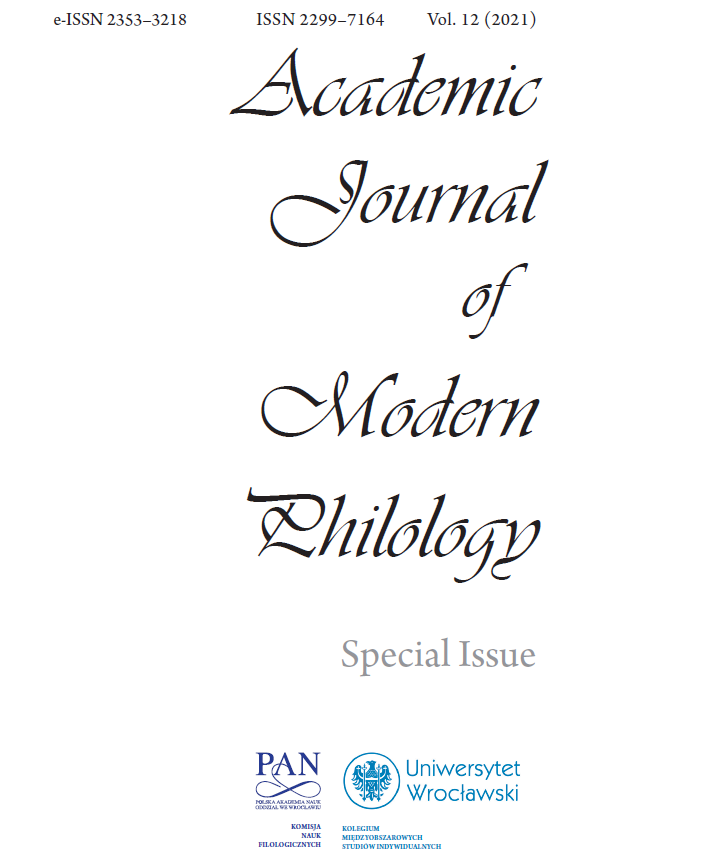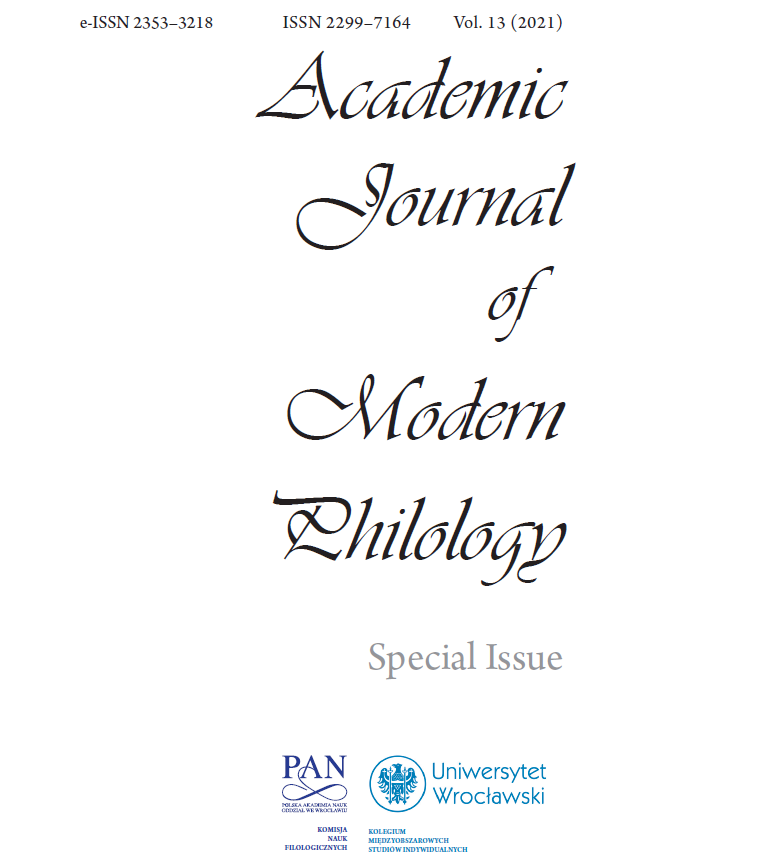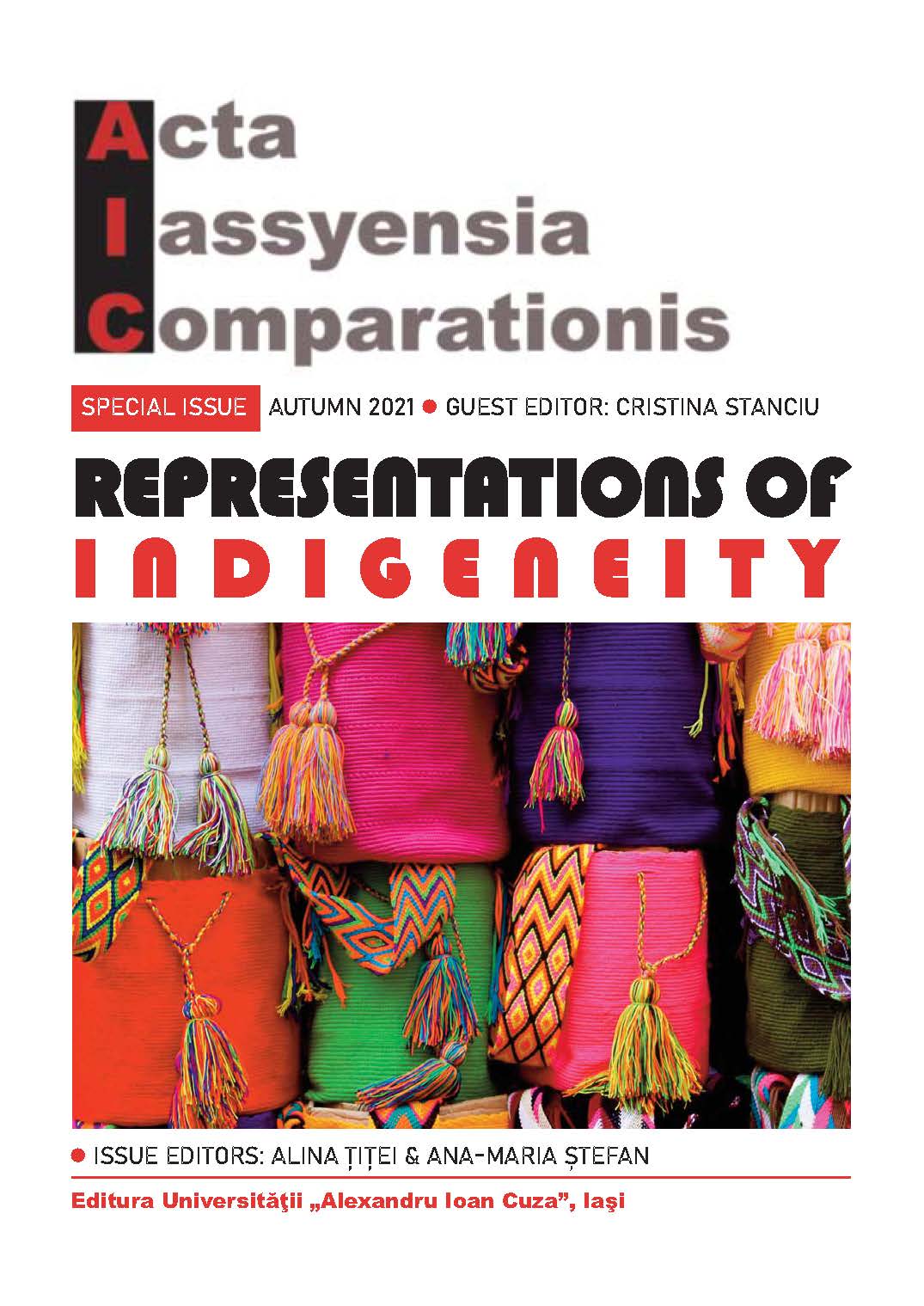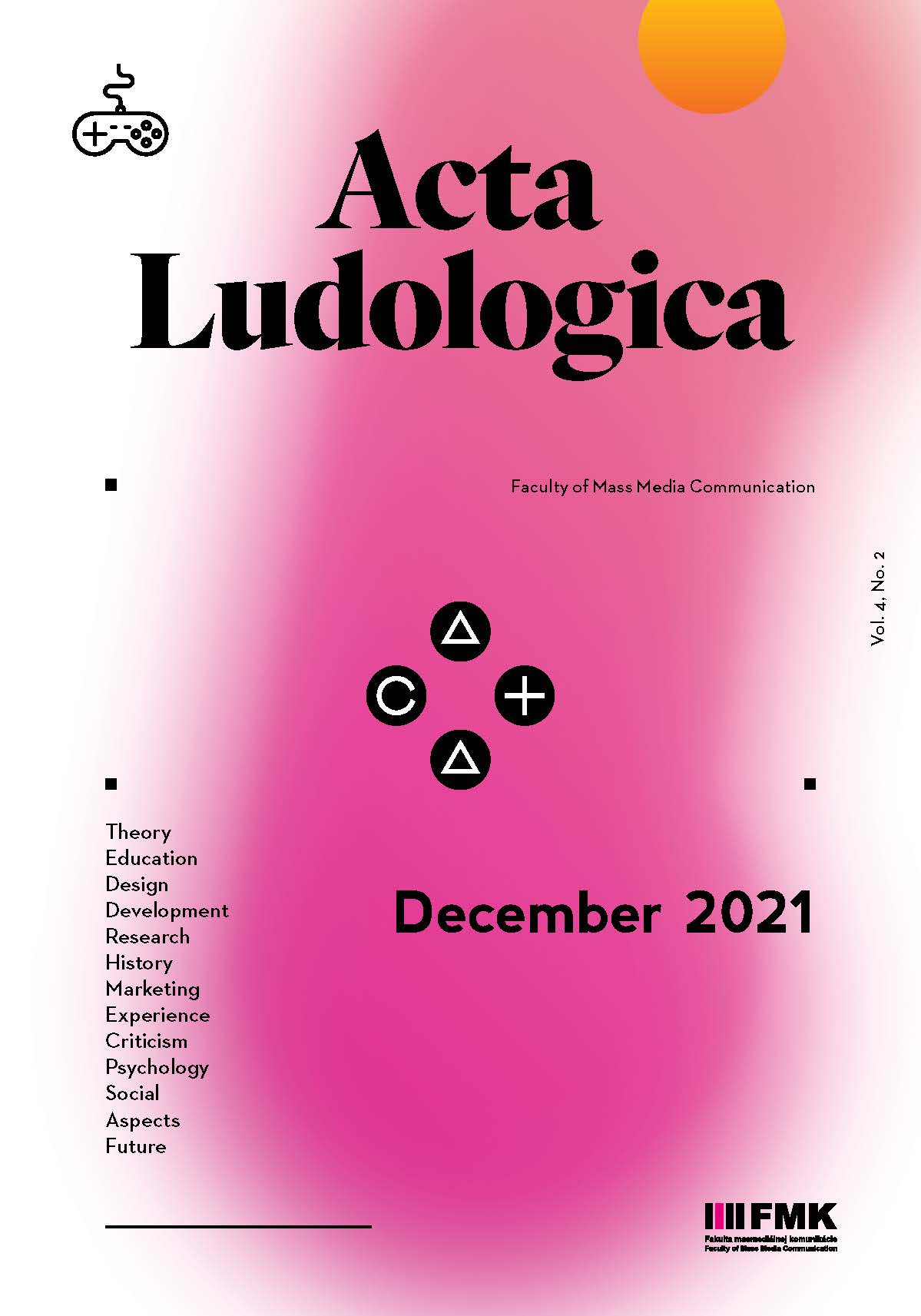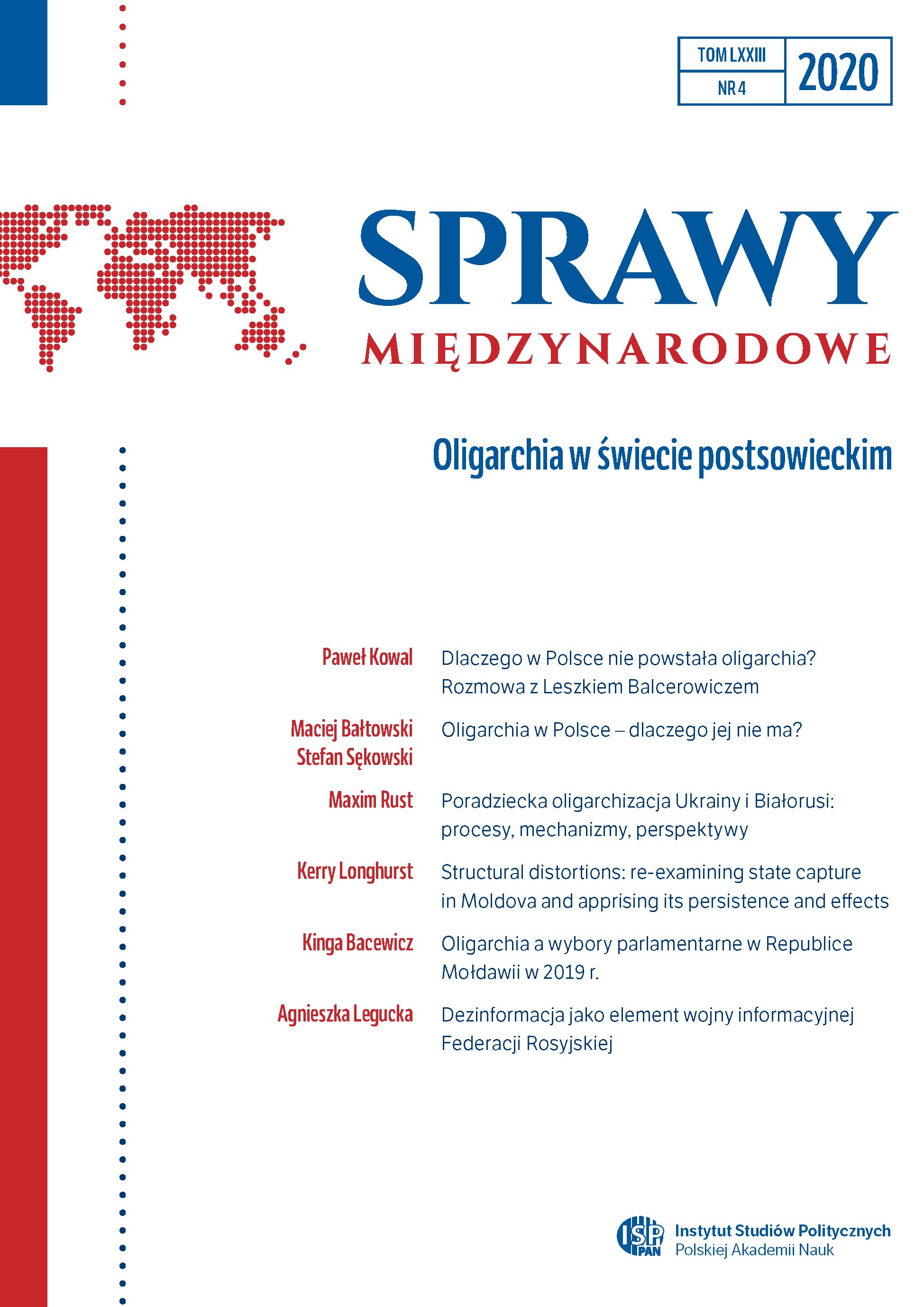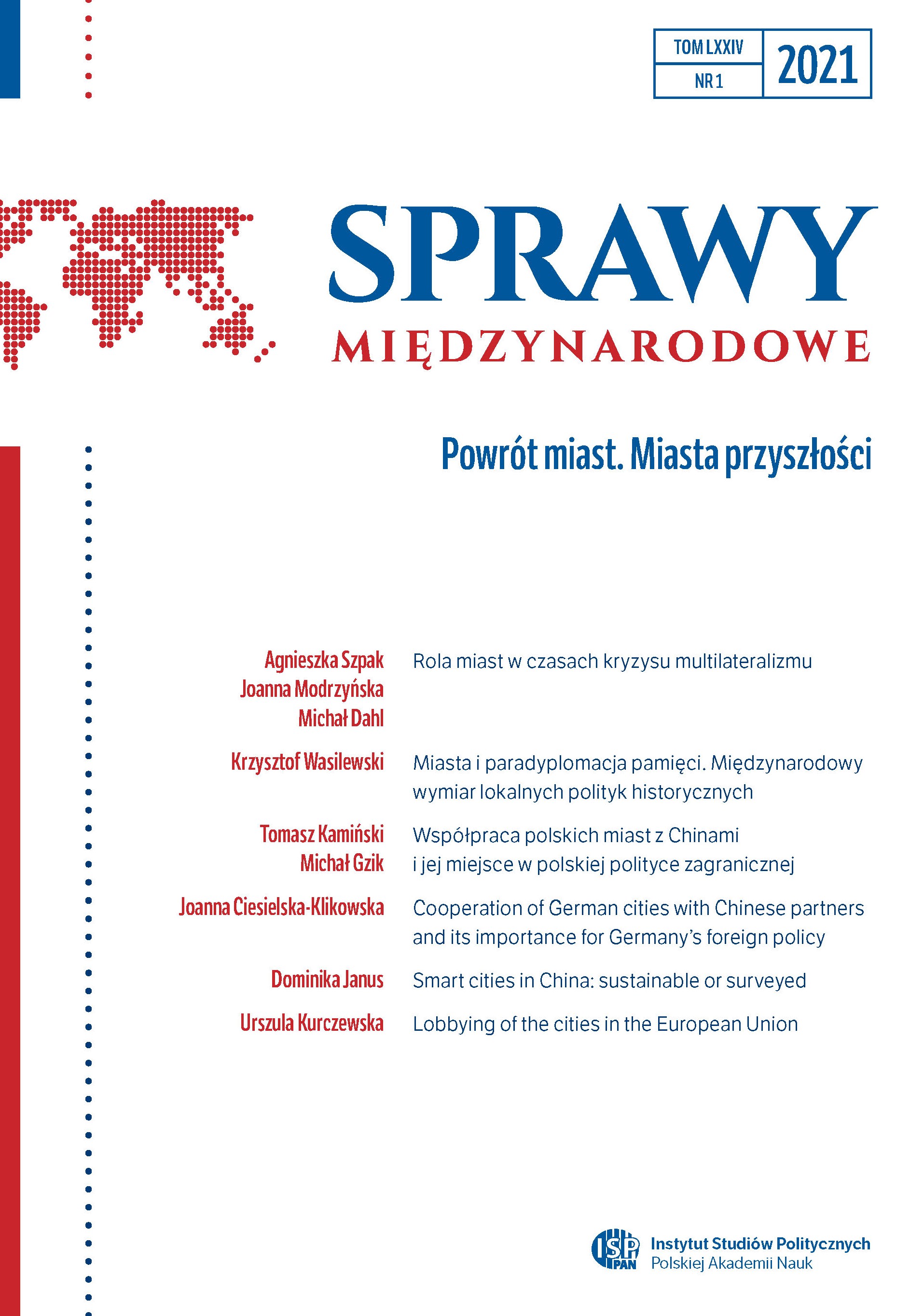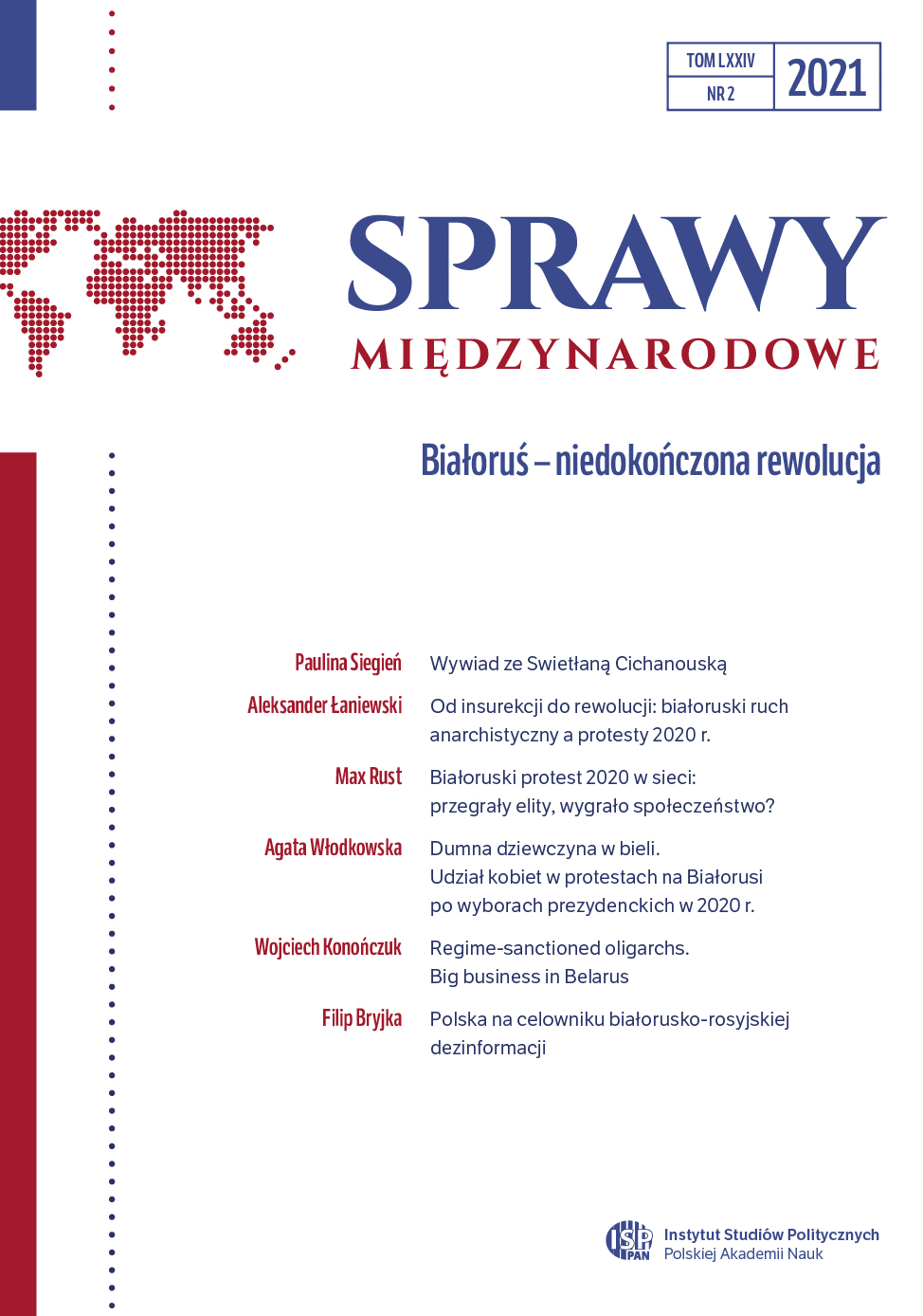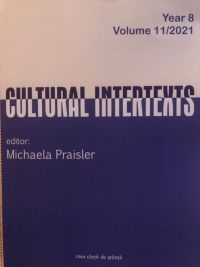
Georgian Cultural-Intellectual and National Islands beyond Ideological Frontiers
This paper examines the Georgian migrant press, which emerged as a result of the flight of Georgian intellectuals from the Soviet Communist regime. It reviews publications such as Chveni Drosha (Our Flag), Tavisuphali Sakartvelo (Free Georgia), Bedi Kartlisa (Destiny of Kartli) and others, which became cultural-intellectual and national islands beyond ideological frontiers. After the occupation of Georgia, the efforts of emigrants focused on generating an information war against the Soviet occupation. The emigrants living in Paris were especially active in this regard. The newspapers and magazines were mainly issued in Georgian, but also in English, French, and German. Special attention is paid to the historical, literary and scientific journal Bedi Kartlisa (Revue de Kartvélologie), founded in Paris, in 1948, by Nino Salia. The journal brought together Kartvelologists living abroad, and played an important role in promoting Georgian history, literature, science, and culture. In this magazine, Georgian and foreign journalists, prominent writers and scientists worked together. The study aims to examine the pathos and the main topics of the emigrant press, based on the analysis of a large number of magazines and personal archives of Georgian emigrants. Their role in keeping the Georgian national soul alive abroad, disclosing the regime, introducing the Georgian intellectual and spiritual culture to the Europeans and transferring European ideas to Georgia are among the most relevant findings. The role of these magazines is invaluable not only in the history of Georgian journalism, but also in the history of the Georgian national struggle.
More...

